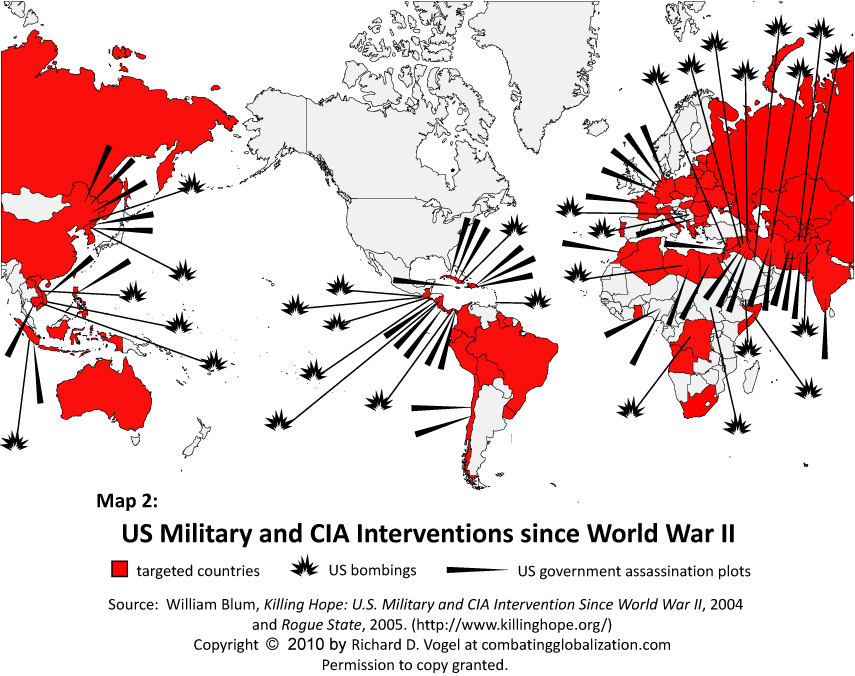165. The world will never be the dwellingplace of peace, till peace has found a home in the heart of each and every man, till every man preserves in himself the order ordained by God to be preserved. That is why St. Augustine asks the question: “Does your mind desire the strength to gain the mastery over your passions? Let it submit to a greater power, and it will conquer all beneath it. And peace will be in you—true, sure, most ordered peace. What is that order? God as ruler of the mind; the mind as ruler of the body. Nothing could be more orderly.” (69)
The Prince of Peace
166. Our concern here has been with problems which are causing men extreme anxiety at the present time; problems which are intimately bound up with the progress of human society. Unquestionably, the teaching We have given has been inspired by a longing which We feel most keenly, and which We know is shared by all men of good will: that peace may be assured on earth.
167. We who, in spite of Our inadequacy, are nevertheless the vicar of Him whom the prophet announced as the Prince of Peace, (70) conceive of it as Our duty to devote all Our thoughts and care and energy to further this common good of all mankind. Yet peace is but an empty word, if it does not rest upon that order which Our hope prevailed upon Us to set forth in outline in this encyclical. It is an order that is founded on truth, built up on justice, nurtured and animated by charity, and brought into effect under the auspices of freedom.
168. So magnificent, so exalted is this aim that human resources alone, even though inspired by the most praiseworthy good will, cannot hope to achieve it. God Himself must come to man’s aid with His heavenly assistance, if human society is to bear the closest possible resemblance to the kingdom of God.
169. The very order of things therefore, demands that during this sacred season we pray earnestly to Him who by His bitter passion and death washed away men’s sins, which are the fountainhead of discord, misery and inequality; to Him who shed His blood to reconcile the human race to the heavenly Father, and bestowed the gifts of peace. “For He is our peace, who hath made both one . . . And coming, He preached peace to you that were afar off; and peace to them that were nigh.” (71)
170. The sacred liturgy of these days reechoes the same message: “Our Lord Jesus Christ, after His resurrection stood in the midst of His disciples and said: Peace be upon you, alleluia. The disciples rejoiced when they saw the Lord.” (72) It is Christ, therefore, who brought us peace; Christ who bequeathed it to us: “Peace I leave with you: my peace I give unto you: not as the world giveth, do I give unto you.” (73)
171. Let us, then, pray with all fervor for this peace which our divine Redeemer came to bring us. May He banish from the souls of men whatever might endanger peace. May He transform all men into witnesses of truth, justice and brotherly love. May He illumine with His light the minds of rulers, so that, besides caring for the proper material welfare of their peoples, they may also guarantee them the fairest gift of peace.
Finally, may Christ inflame the desires of all men to break through the barriers which divide them, to strengthen the bonds of mutual love, to learn to understand one another, and to pardon those who have done them wrong. Through His power and inspiration may all peoples welcome each other to their hearts as brothers, and may the peace they long for ever flower and ever reign among them.
172. And so, dear brothers, with the ardent wish that peace may come upon the flocks committed to your care, for the special benefit of those who are most lowly and in the greatest need of help and defense, lovingly in the Lord We bestow on you, on Our priests both secular and regular, on religious both men and women, on all the faithful and especially those who give wholehearted obedience to these Our exhortations, Our Apostolic Blessing. And upon all men of good will, to whom We also address this encyclical, We implore from God health and prosperity.

